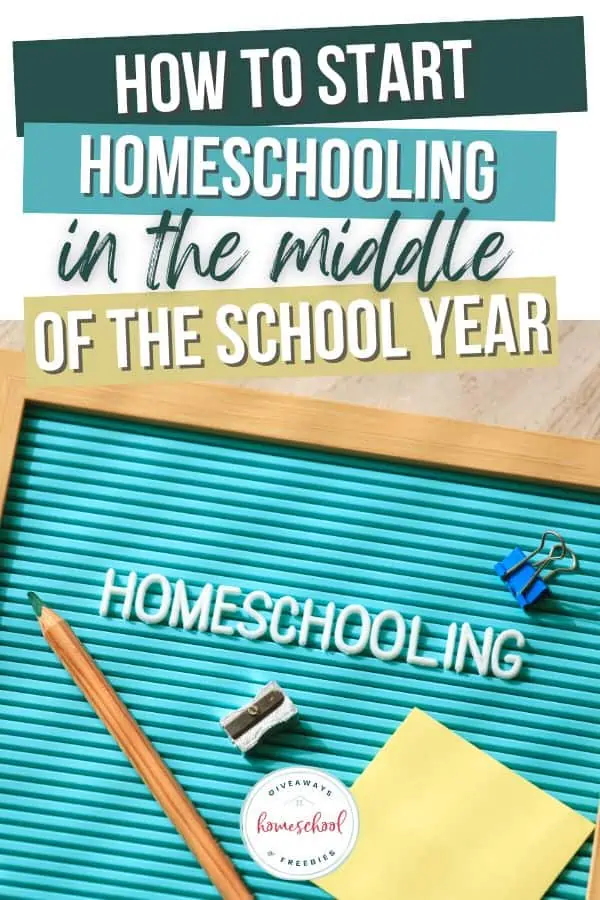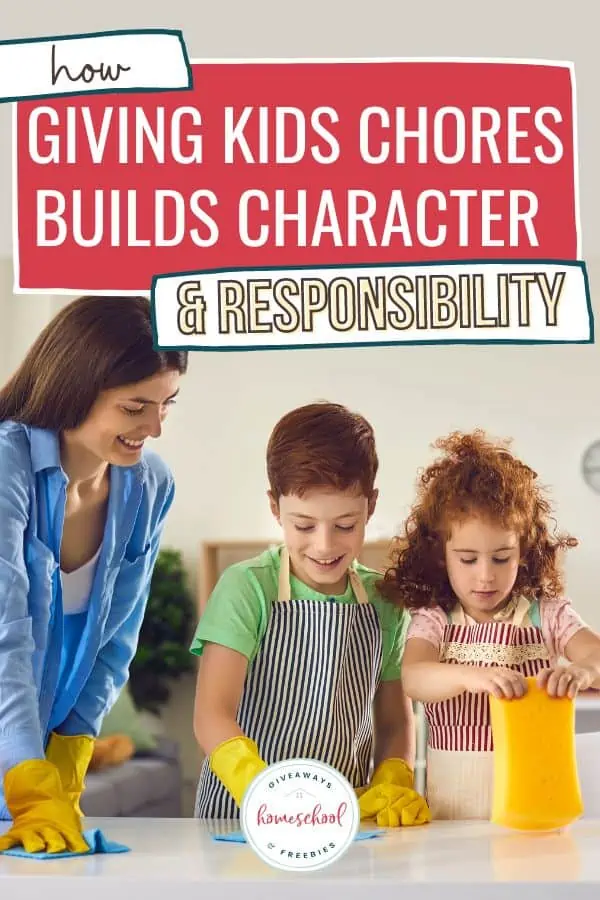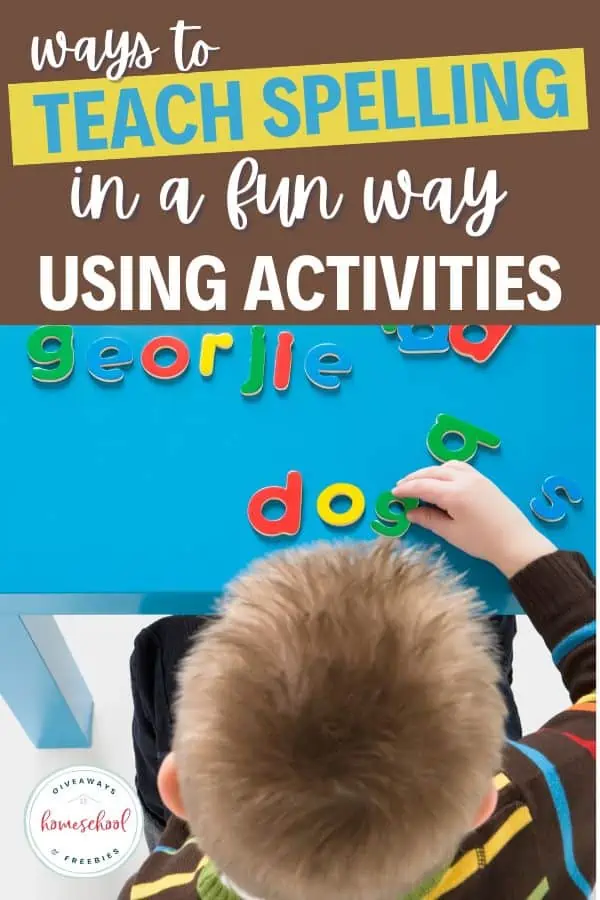How to Share the News with Your Kids In Age-Appropriate Ways
Published:
April 18, 2022

Contributor:
Alpha Omega Publications
Disclosure: This post may contain affiliate links, meaning if you decide to make a purchase via my links, I may earn a commission at no additional cost to you. See my disclosure for more info.
While current events can take up a lot of head space for adults, it’s hard to know sometimes whether to share the latest headlines with our kids. Most of it does depend on the ages of your children. Here are some aspects to consider as you filter current events in your homeschool and figure out how to share age-appropriate news with your kids.
Sharing Age-Appropriate News with Your Kids
Social media bombards us with current events and world news all day and night. Even as adults, it can be very overwhelming with the amount of information coming at us. But what should we share with our kids? Is the news even appropriate for them? At what age should they be more aware of current events and breaking news? Here are some things to consider as you navigate the best course of action for your family.
Is news appropriate for kids?
You know your child the best. Older children can certainly handle more news than younger children. But some families are naturally more engaged in current events than others. So, there is no one-size-fits-all approach to which ages should engage with the news. It’s a good idea to keep an eye on how your kids are handling the news they do hear. Sometimes they will hear it from friends or in the community, even if you are trying to shield them from current events. So, keep an open dialogue with your kids about this topic and see how they respond.
Discussing Sensitive Topics in the News
Even sensitive topics covered on the news might be important for you to talk to your children about, but you will want to do it in your own words, at the right time, and with the appropriate amount of detail. However, not all news is negative. There are many public interest stories or news stories about people’s lives that can be fun and inspiring for children of all ages.
Middle school students should be engaging with current events so that they can start to understand the real-world cause-and-effect of personal choices, government policies, and economics. All of this is important in continuing to form a strong worldview philosophy as your kids get older.
Why is the news important for kids?
Young people need to understand the world around them at ever-increasing age-appropriate levels. We want to raise young adults who can navigate the world and understand what is happening around them. To that end, it is important to start talking about current events with our kids while they are still in our home. In other words, if we never discuss the news and how to think through it based on our worldview, then our child will grow to be a young adult who doesn’t know how to do this either. Not only does the news need filtered through a worldview lens, but the news can be relevant and interesting to other subjects in our homeschool.
When there is a natural disaster, take the time to learn about it in your science studies. Connect it to topics you’ve already read about and deep dive a bit more. When there are news articles that talk about events in other parts of the world, take a look at the geography and history of the area to connect the current event to your social studies topics. Of course, all of this takes into account the age group of your children and what is considered age-appropriate news.
How does the news affect kids?
The American Academy of Child and Adolescent Psychiatry discusses the negative affects that constant negative or violent news coverage can have on young children. It can make them experience anxiety, depression, and fear. Because of the negative effects of the news on younger kids, child psychologists have given guidelines and advice for how to counter the negativity of news stories. In fact, these recommendations can turn a negative situation into a learning experience with appropriate conversation between you and your child. Consider these ideas:
- Monitor the amount of time you allow your child to consume information from a news service.
- Watch the news with your child and ask them if they have any questions about what they’ve heard and seen.
- Or, watch the news yourself and present it to your child in a way that they can handle.
- Engage in conversation with your child, tying in the news to your worldview.
- Don’t discuss details of tragic events. Rather, keep the information basic.
- Encourage your child that you will continue to keep them safe and cared for.
The most important take-away here is to have constant conversation and dialogue with your kids about the news they hear. Bring in your values and worldview to help make sense of the world and the news.
How old should you be to watch the news?
The American Academy of Pediatrics recommends that children under 18 months have no screen time. From ages 2-4, the AAP recommends that high quality programming be consumed only about one hour per day with the parent watching alongside the child. From ages 5-11, grade school children could watch the news with a parent’s input.
A good rule of thumb is to filter all the news yourself with young elementary-aged children and just tell them yourself what they can handle. This way, you can make the information age-appropriate and also filter it through your family’s values and worldview. As your kids get into middle school, watch the news with them and engage in conversation about what they hear and read.
Kid-Friendly News Sites
Of course, if you want your children to watch age-appropriate news, a kid-friendly news site would be best. There are quite a few kid-friendly news sites to use, but you will still want to filter them through your worldview lens. Many kid-friendly news sites include more upbeat news stories and weed out the more distressing images and details that would be on the traditional news broadcast.
In addition, Common Sense Media rates books, movies, TV shows, and more, so that parents can choose what they are comfortable with their kids viewing or reading. There are also many kids news apps that deliver the news to young readers. However, you will want to investigate each option before you jump in, because we know that just because it’s marketed to children, it might not fit your family’s values.
What is a good news source for teens?
Teens can start to think through complex topics related to current events and even local news stories. But you’ll want to find legitimate news sources and maybe even Christian worldview news sources to send your teens. So check out this huge list of online news site links, apps, weekly magazine, and other digital media news story options for your high schoolers. Many high schoolers take government and economics classes in grades 9-12, so keeping an eye on political news and real-life economic news may be eye-opening for your teens. It will make their school courses very relevant to their lives!
No matter what you decide is right for your family concerning age-appropriate news, set up boundaries and expectations for your family’s media literacy. Help them learn how to navigate the online world and the world of news with discernment and compassion.











